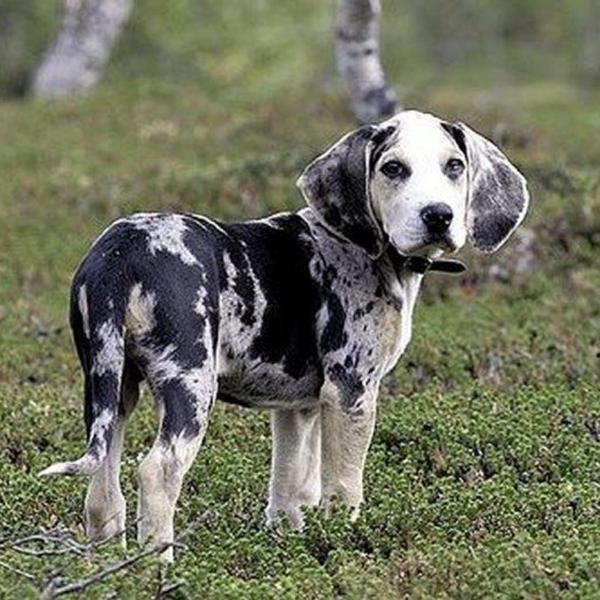Dunker vs. Yorkillon: Breed Differences and Similarities
Hypoallergenic
Are Dunkers or Yorkillons hypoallergenic, or neither?
Unfortunately, neither Dunker nor Yorkillon are hypoallergenic, which may not make them the best choice for dog lovers who suffer from pet allergies.
Temperament
What are the personalities of Dunker and Yorkillon dogs?
Calm
Spirited
Energetic
Friendly
Playful
Independent
Happy
Energetic
Alert
Courageous
Intelligent
Friendly
Loyal
Shedding Level
Do Dunkers shed more than Yorkillons, or which breed sheds more, Dunkers or Yorkillons?
Dunkers shed a lot of hair each year, so frequent brushing is essential for reducing shedding and maintaining coat health.
Yorkillons shed very little hair, making them a great choice for those who dislike excess hair in the house.
Watchdog Ability
Which dog breed makes a better watchdog, the Dunker or Yorkillon?
Dunkers make excellent watchdogs - they're vocal and protective of their territory.
Avoid Yorkillons as watchdogs - they're not effective.
Origin
What is the origin of Dunker and Yorkillon dog breeds?
Norway
United States
Ancestry
What are the origins of Dunker and Yorkillon breeds?
Russian Harlequin Hound, Norwegian Scent Hounds
Yorkshire Terrier, Papillon
Date of Birth
When were Dunker and Yorkillon breeds first developed?
19th Century
Unknown
Eye Color Possibilites
What are the eye colors of Dunker and Yorkillon dogs?
Blue
Hazel
Brown
Amber
Brown
Nose Color Possibilites
What are the natural nose colors of Dunker and Yorkillon?
Black
Black
Coat Color Possibilites
What are the natural colors of the coat for Dunker and Yorkillon breeds?
Black
Blue
Fawn
White
Black
Blue
Silver
White
Fawn
Red
Brown
Sable
Coat Length
What is the typical coat length for Dunker and Yorkillon breeds?
Dunkers have medium-length coats.
Yorkillons have longer coats compared to most dogs.
Coat Density
What is the density of the coat of Dunker and Yorkillon?
Coat Texture
What is the hair texture of Dunker and Yorkillon?
Straight
Litter Size
What is the usual litter size for Dunker and Yorkillon?
A Dunker can have a litter of 10-12 puppies on average. However, it's worth noting that the size of the litters can vary greatly. Factors that can influence litter size include the health of the mother, breeding history, and genetics.
A Yorkillon can have a litter of 4-6 puppies on average. However, it's worth noting that the size of the litters can vary greatly. Factors that can influence litter size include the health of the mother, breeding history, and genetics.
Adaptability
Dunkers are known for their adaptability and can adjust well to different environments and lifestyle changes.
Yorkillons are highly adaptable and versatile, making them excellent companions for families and individuals of all lifestyles.
Health Issues
Between Dunker and Yorkillon, which breed is more prone to health problems?
The Dunker and Yorkillon breeds are commonly healthy with low vet costs, regular check-ups may not be as necessary but it's important to keep an eye on their health and have them checked by a veterinarian when needed.
Major Concerns
What are the major health concerns for Dunker and Yorkillon breeds?
Deafness
Patellar Luxation
Portacaval Shunt
Deafness
Hip Dysplasia
Hypoglycemia
Mitral Valve Disease
Legg-Calve-Perthes Disease
Collapsed Trachea
Minor Concerns
What minor health issues should be kept in mind when owning Dunker and Yorkillon?
Hip Dysplasia
Cataracts
Von Willebrand's Disease
Follicular Dysplasia
Progressive Retinal Atrophy (PRA)
Occasional Tests
What occasional tests are recommended for Dunker and Yorkillon breeds?
X-Rays
Eye Examination
Physical Examination
Ear Examination
Hearing Tests
Eye
Heart
Liver Ultrasound
X-Rays
Endoscopy
Complete Physical Examination
Hip and Knee
DNA
Energy
How do the energy levels of Dunkers and Yorkillons compare?
Dunkers thrive on an active lifestyle due to their high-energy nature.
Yorkillons' high energy levels make them unsuitable for a low-key dog, choose accordingly.
Social Needs
Dunker vs Yorkillon social needs comparison
Dunker has above average social needs and thrives with interaction with humans and other dogs.
Yorkillon has very high social needs and requires regular mental and physical stimulation, a job or purpose, and companionship.
Exercise Needed
Dunker vs Yorkillon exercise need comparison.
Dunkers require significant physical activity and suit those with an active lifestyle.
Yorkillons need only a small amount of physical activity, ideal for busy or elderly people or those with limited space.
Sleeping Need
Which of the two sleeps the most/least: Dunker or Yorkillon?
Dunker and Yorkillon dogs tend to sleep less than some other breeds, but it's still important for them to get adequate sleep in order to maintain good health.
Tendency to Bark
Do Dunkers or Yorkillons bark more/less frequently?
The Dunker is a vocal breed that frequently barks and howls, and may not be suitable for those seeking a quiet companion.
Yorkillon dogs are generally less vocal than other breeds and only bark when necessary, such as to alert their owner or communicate.
Mouthiness
Mouthiness Comparison: Dunker vs Yorkillon?
Roaming urge
Dunker vs Labrador: Running away tendency?
Prey Drive
Dunker or Yorkillon - which breed has a higher level of prey drive?
Activity Level
Which breed has higher energy, Dunkers or Yorkillons?
Dunkers are high-energy dogs. They need mental as well as physical exercise. These dogs require a lot of your involvement and without it they can, and will, become problematic dogs.
Yorkillons are medium-energy dogs and typically enjoy socializing and playing casual or even sustained games of chase with other dogs. They may also have occasional periods of barking or racing around the house.
Tolerance of being left alone
Walks per Week
How many miles should Dunker or Yorkillon walk each week?
There's really no limit to how far you walk your dog as long as they're comfortable. For Dunker, it's at least 14 miles / week. Just remember to build distance and stamina gradually over time.
There's really no limit to how far you walk your dog as long as they're comfortable. For Yorkillon, it's at least 6 miles / week. Just remember to build distance and stamina gradually over time.
Activity per Day
Do Dunkers or Yorkillons require more exercise?
In general most Dunkers usually need at least 60 minutes of exercise daily. This can be spread across the day and include all sorts of high-energy activities, like walking, running and playing.
In general most Yorkillons usually need at least 30 minutes of exercise daily. This can be spread across the day and include all sorts of high-energy activities, like walking, running and playing.
Grooming
Which breed is easier to maintain in terms of grooming, Dunkers or Yorkillons?
The Dunker has low grooming needs and is easy to maintain.
Yorkillons require significant grooming, including regular trims and professional grooming assistance to maintain their coat. They may also require frequent bathing to keep their coat and skin healthy.
Brushing Frequency
What is the recommended brushing frequency for Dunker and Yorkillon dogs?
Ideally, both Dunker and Yorkillon should be brushed at least 2 or 3 times a week (preferably daily) to improve shedding.
Brushing Tools
What brushing tools are used for Dunkers and Yorkillons?
Pin Brush
Nail Clipper
Pin Brush
Comb
Scissors
Nail Clipper
Cups
How much food should be given to Dunker or Yorkillon in cups?
For an average 25-39 pound (11 - 18 kg) Dunker feed 2.5 cups daily. But, keep in mind, the amount you feed is going to be dependent on the quality of the food you are feeding.
For an average 7-9 pound (3 - 4 kg) Yorkillon feed 1 cups daily. But, keep in mind, the amount you feed is going to be dependent on the quality of the food you are feeding.
Daily Cost
Which breed has a higher daily cost, Dunker or Yorkillon?
The average cost of a Dunker is somewhere $1.40 - $2.10 per day.
The average cost of a Yorkillon is somewhere $1.30 - $1.40 per day.
Monthly Cost
Which breed has a higher monthly cost, Dunker or Yorkillon?
The average per month expenses of a Dunker is between $42 - $63. This makes an average of $504 - $756 per year. It will be on the higher side when the dog is still small because it will need more frequent visits to the vet, shots.
The average per month expenses of a Yorkillon is between $32 - $42. This makes an average of $384 - $504 per year. It will be on the higher side when the dog is still small because it will need more frequent visits to the vet, shots.
Intelligence
Comparing Intelligence: Dunkers vs Yorkillons
Dunker is a very intelligent and trainable breed.
Yorkillons are average in obedience intelligence but have a high IQ and may cause trouble if left unsupervised.
Sensitivity Level
How do Dunker and Yorkillon compare in sensitivity?
Dunkers have average emotions and adapt well to different situations.
This breed is sensitive and requires gentle handling and a calm home environment.
Affection Dependance
Which is the more affectionate dog breed: Dunker vs Yorkillon?
Apartment Friendly
Which breed is more apartment-friendly: Dunker or Yorkillon?
Dunkers can do well in apartments with enough exercise and time outside, but a small yard would be ideal.
The Yorkillon is a great apartment dog, thriving with sufficient exercise and time outside as part of their daily routine.
Child Friendly
Do Dunkers or Yorkillons have a friendlier temperament towards children?
Dunkers are good with kids if socialized and trained from a young age.
Yorkillons have an average level of friendliness towards children.
Senior-friendly
Which dog is more suitable as a pet for the elderly - Dunker or Yorkillon?
Cat Friendly
Do Dunker or Yorkillon breeds have a better compatibility with cats?
Dunkers are good with cats, but early training is needed to prevent chasing behavior.
Yorkillons are very friendly with cats and make great companions for them.
Dog Friendly
Which breed is more sociable with other dogs: Dunker or Yorkillon?
Dunkers are friendly and active companions, and can be good family pets, though their friendliness towards other dogs may vary.
Yorkillons are less friendly towards other dogs, but can improve with socialization.
Pet friendly
How do Dunker or Yorkillon dogs interact with other pets?
Stranger Friendly
Which breed is more friendly with strangers: Dunker or Yorkillon?
Dunker and Yorkillon are friendly dogs and typically won't bark at strangers. However, if you wish to change this behavior, training them is easy thanks to their intelligence, making it pretty simple to teach them anything.
Playfulness
Which breed is more playful between Dunker and Yorkillon?
Dunker and Yorkillon are playful dogs. So, no matter how busy the day may get, the best thing you can do for Dunker and Yorkillon is to make time each day to play. It can be as little as 15-20 minutes, and it will mean the world to them.
Trainability
How do the trainability levels of Dunkers and Yorkillons compare?
Dunkers are usually easy to train but require consistency to fully obey commands.
Yorkillons are popular for their ease of training and quick learning ability.
Compare Dunker with other breeds
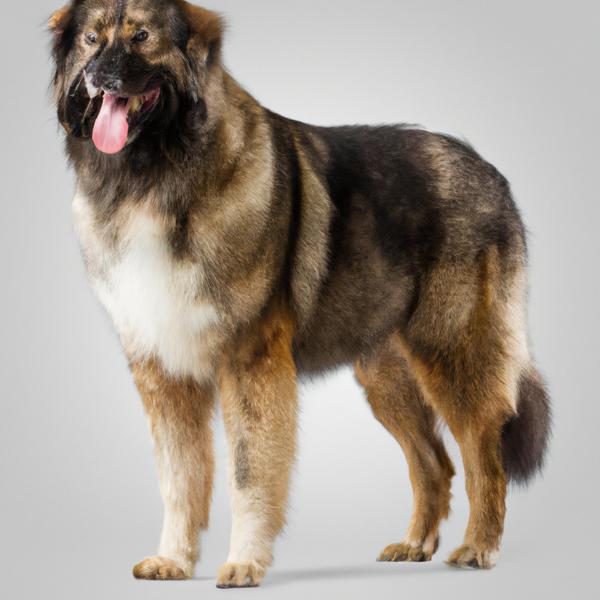
Great Cambrian Shepherd
Dunker vs Great Cambrian Shepherd
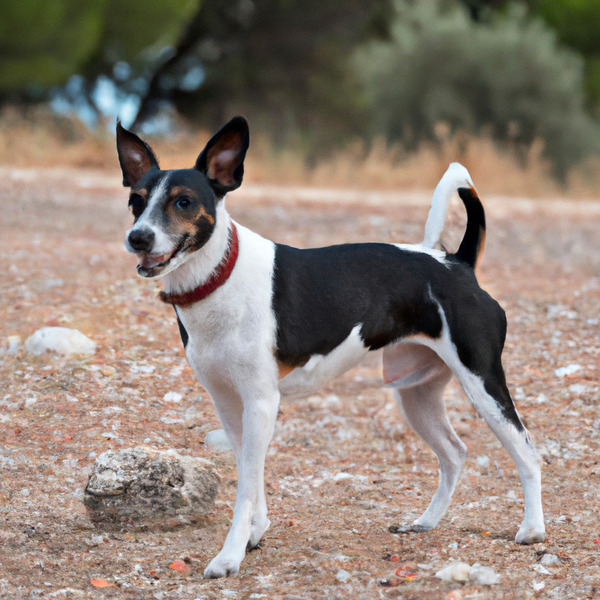
Ratonero Bodeguero Andaluz
Dunker vs Ratonero Bodeguero Andaluz
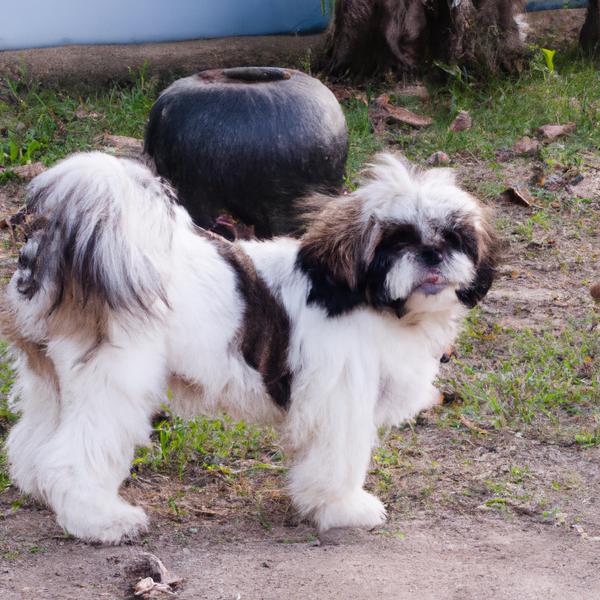
BoShih
Dunker vs BoShih
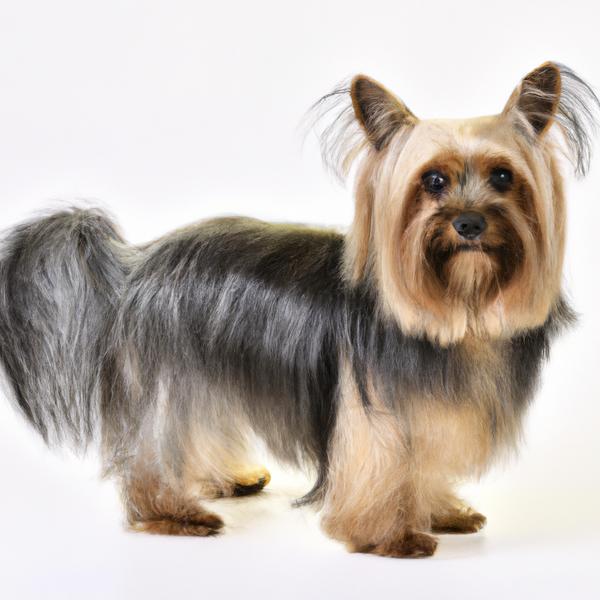
Yorkillon
Dunker vs Yorkillon
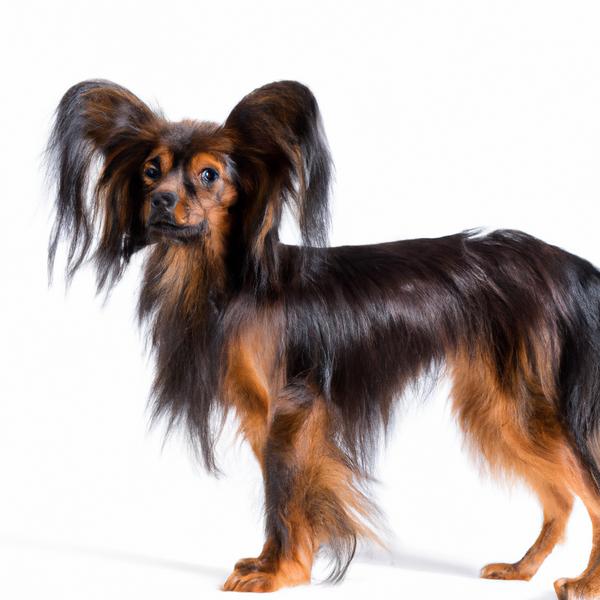
English Toy Spanese
Dunker vs English Toy Spanese
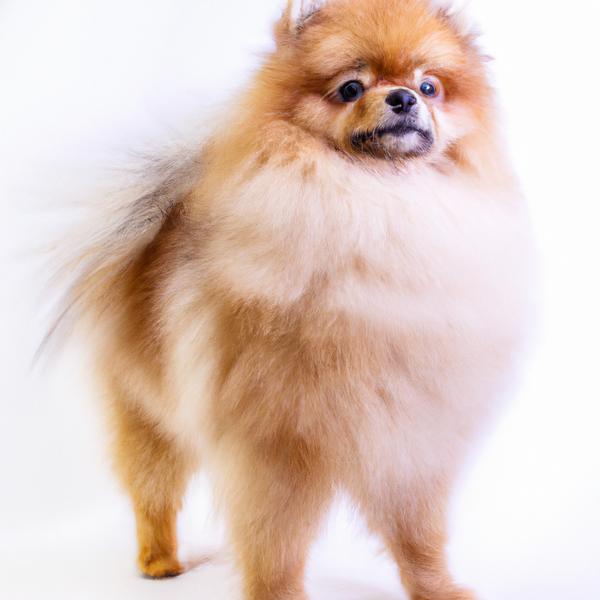
Pomeranian
Dunker vs Pomeranian
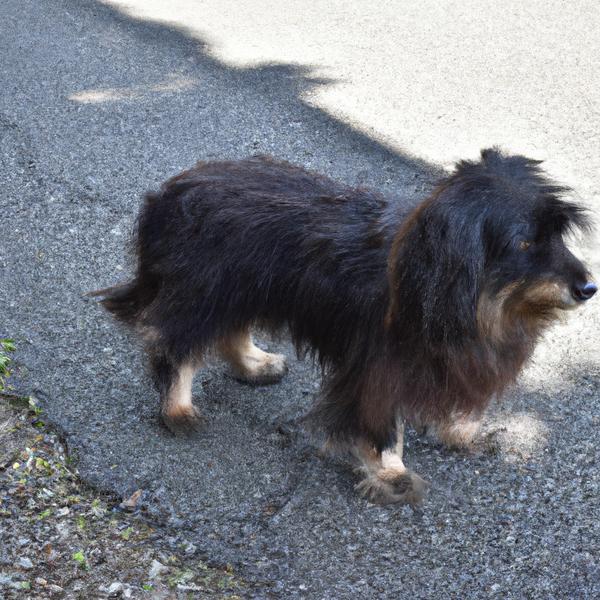
Schnese
Dunker vs Schnese
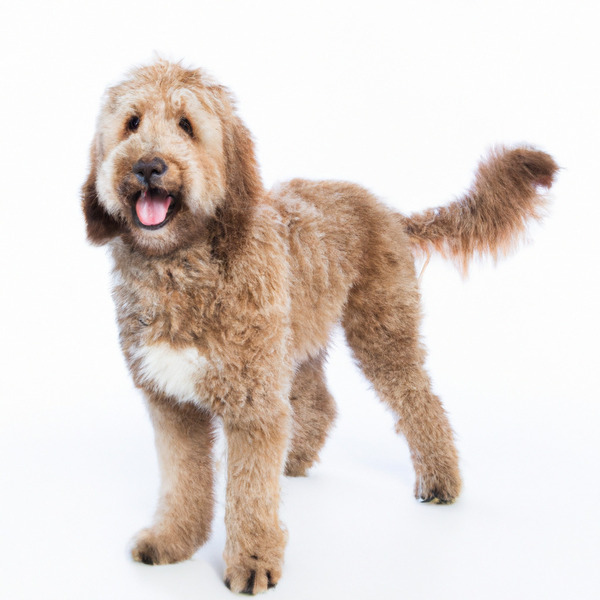
Bordoodle
Dunker vs Bordoodle
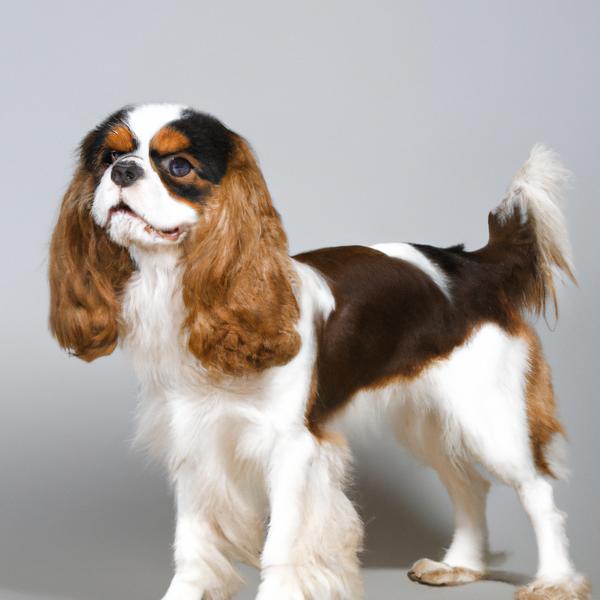
Cava-Shell
Dunker vs Cava-Shell
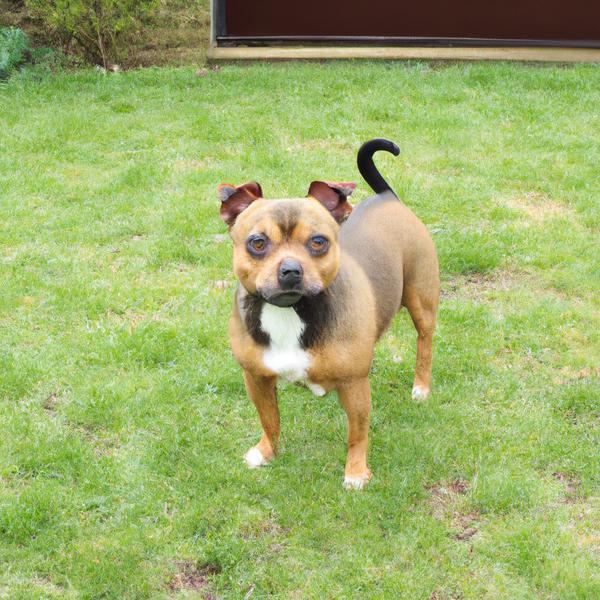
Chi Staffy Bull
Dunker vs Chi Staffy Bull
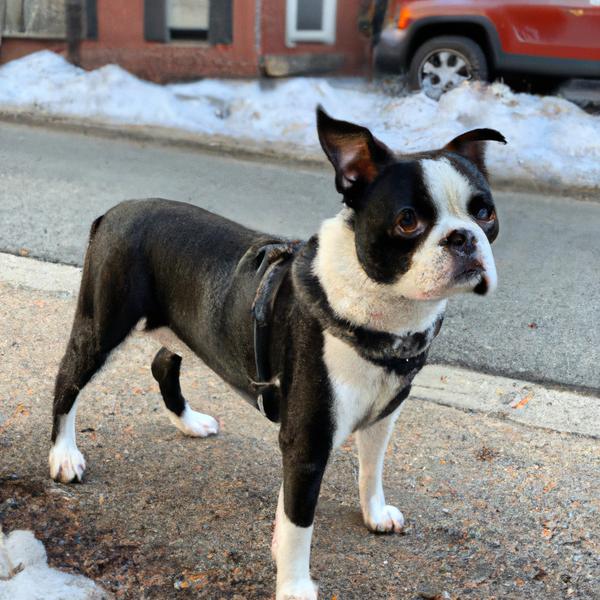
Siberian Boston
Dunker vs Siberian Boston
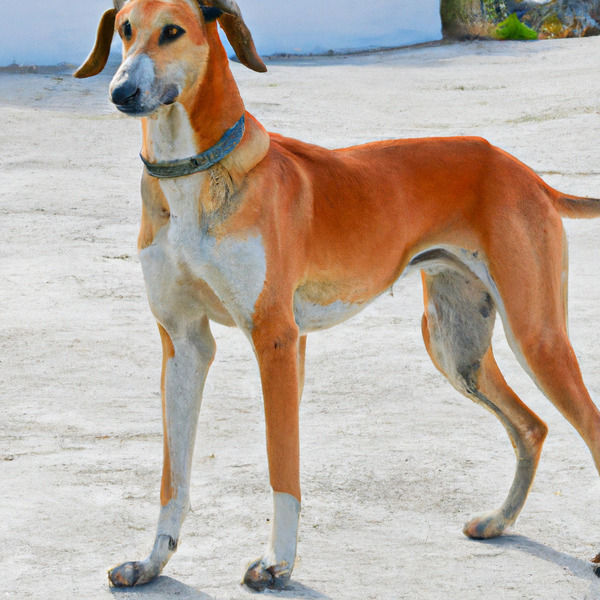
Cretan Hound
Dunker vs Cretan Hound
